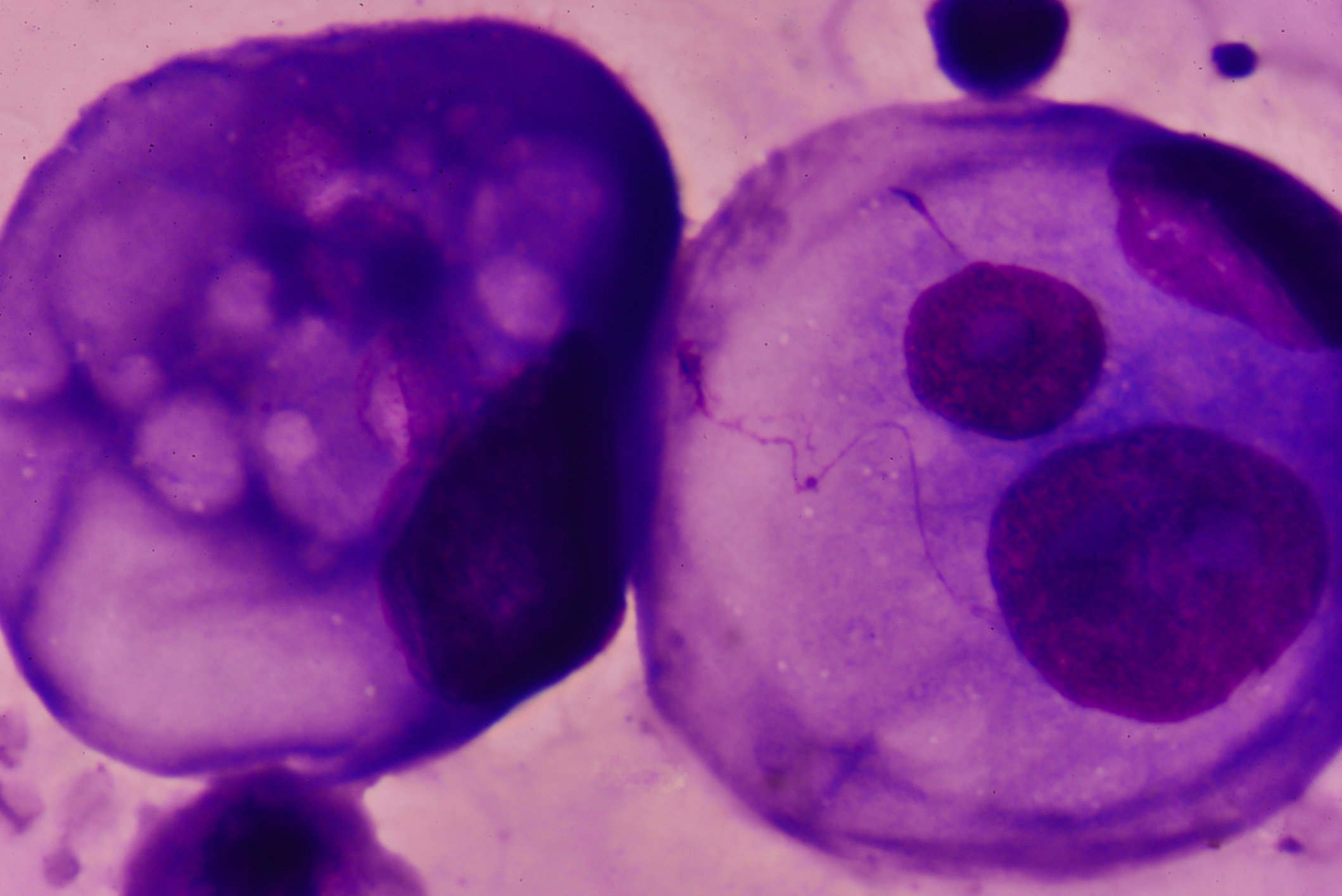Transgene starts trials of ‘digital’ cancer vaccine with NEC

Undeterred by two clinical failures for its cancer immunotherapies in 2019, Transgene has kicked off the New Year by starting trials of a new vaccine for ovarian and head and neck cancers.
The French biotech is partnering with artificial intelligence (AI) specialist NEC on the new programme – called TG4050 – which according to the partners “moves therapeutic vaccination into the digital age.”
TG4050 has been designed using an NEC technology that uses AI to discover cancer cell mutations – or neoantigens – that can be used as targets for medicines. Cancer cells accumulate mutations and each patient has a specific set that are unique to their tumour.
The Neoantigen Prediction System is drawn from a dataset of immune data generated around 20 years and can select the neoantigens most likely to stimulate an immune response against a cancer cell line, according to NEC, a Japanese IT giant.
TG4050 targets up to 30 of those patient-specific neoantigens, which are incorporated into the genome of the modified vaccinia virus Ankara (MVA) viral vector. It is the lead candidate in Transgene’s myvac personalised cancer vaccine technology platform.
The first patients have now been enrolled into the two phase 1 studies at the Mayo Clinic in the US and Toulouse Oncopole in France, which will test TG4050 in patients with head and neck cancer who have a high risk of relapse after surgery and patients with ovarian cancer after surgery and adjuvant therapy.
It was also given a green light for a trial in head and neck cancer by the UK Medicines and Healthcare Products Regulatory Agency (MHRA) last year.
The new trials come a month after Transgene was forced to abandon a first-line non-small cell lung cancer (NSCLC) therapeutic vaccine candidate – TG4010 – after disappointing results in a phase 2 trial as a combination with Bristol-Myers Squibb’s checkpoint inhibitor Opdivo (nivolumab).
That in turn followed the demise of Sillajen-partnered oncolytic virus therapy Pexa-Vec in August, placing more importance on TG4050 and Transgene’s myvac programme, as well as oncolytic virus candidates partnered with AstraZeneca last year and other pipeline projects like TG4001 for head and neck squamous cell carcinoma (HNSCC).
Transgene’s share price has been on a downward trajectory over the last few months, trading well below its 52-week high of €3.30, but was up 4% in morning trading today at around €1.65.
In a statement, the French biotech said it has also set up the manufacturing capacity that it needs to prepare the individualised batches of TG4050 for the clinical development programme.
“As each patient’s cancer is unique, we have developed a therapy that turns their solid tumour’s genetic signature into a powerful highly specific anticancer weapon,” said Transgene’s chief executive Philippe Archinard.
“We are convinced that TG4050, which is at the crossroad of immunotherapy and big data sciences, will herald the start of a new era in the fight against cancer,” he added.













